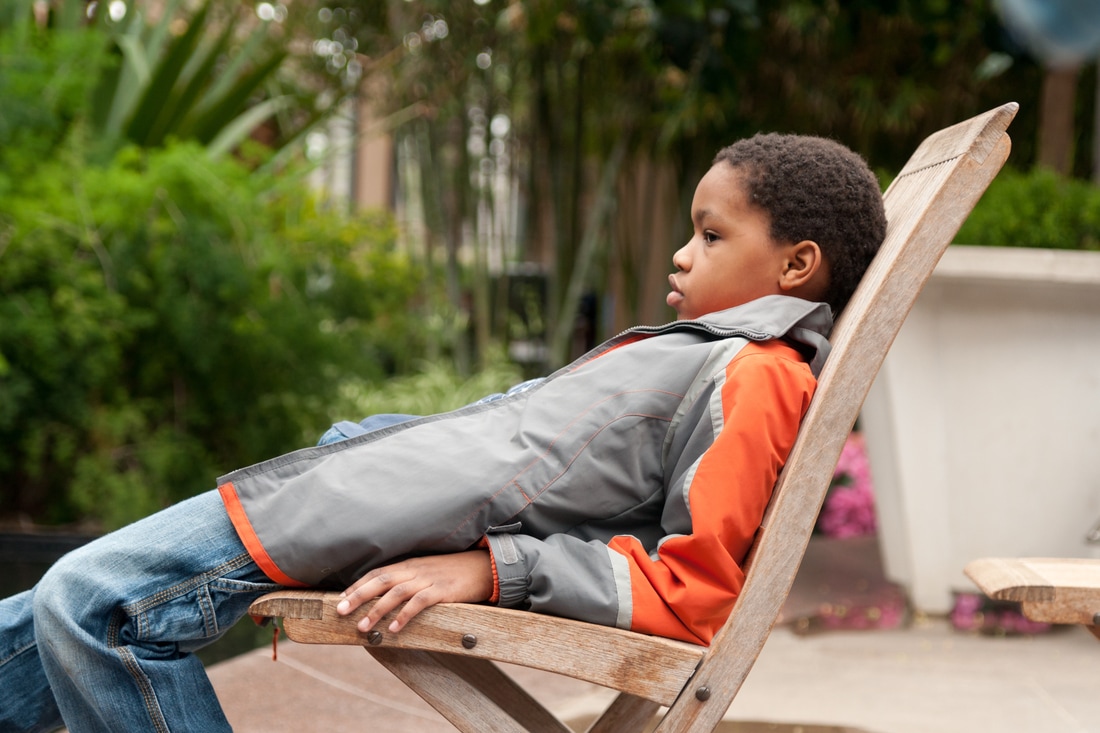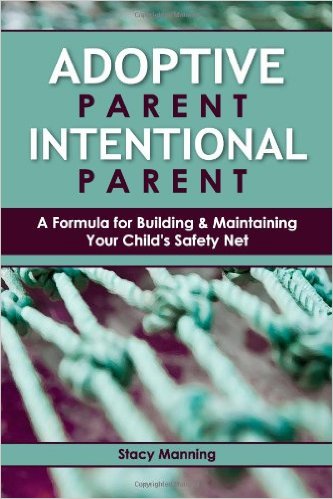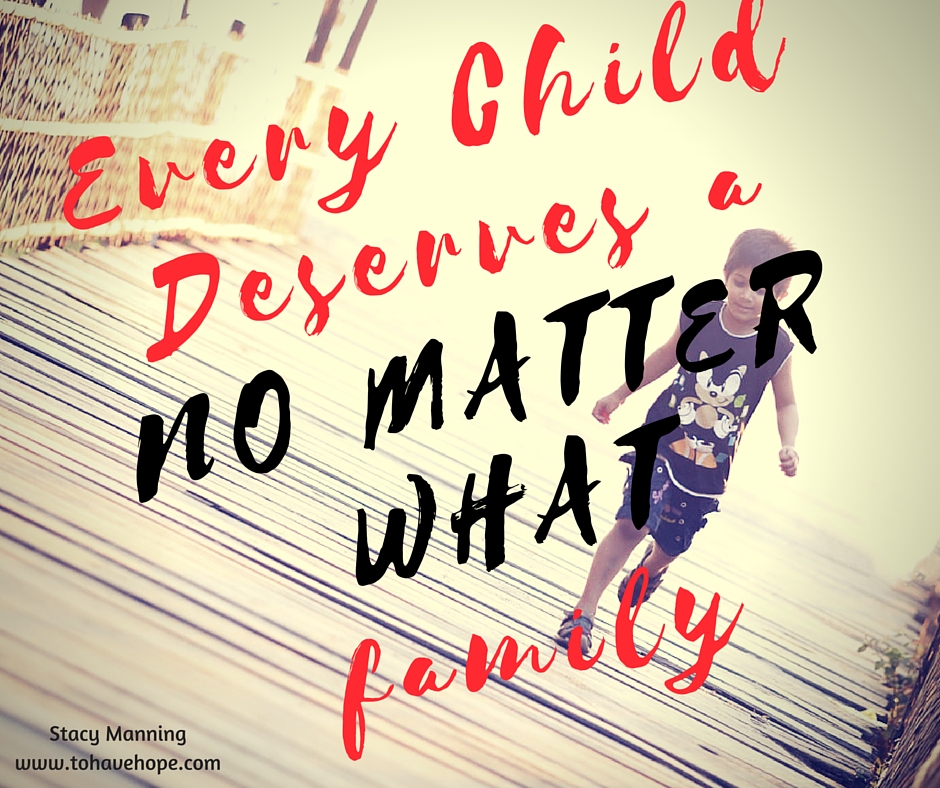|
I heard it again this weekend...the dreaded, Oh that is just typical ________________behavior, mine did that too comment. (fill in the blank with a variety of descriptions like 3 year old, boy, teenage, girl, etc...)
It took all I could do to not get into this conversation. Actually, I didn't need to because Mom handled it quite well - pretty sure she had been there before. But had I opened my mouth, the earful would have included the following. Yes, the behaviors look like typical childhood behavior, but they are rooted in a very different place! Here's the thing...children really only have a very limited number of behaviors they can really use to cope with hard emotions. They can't go jump in a car and drive fast and they can't go out and buy a pack of cigarettes. They can't pay someone to fix the situation and they can't decide to make life changes. So yes, on the surface it looks the same. Tantrums, lying, stealing, bathrooming issues, sleeping struggles, and the like are behaviors used by all children when they can't express their emotions in a healthier manner. The fact is, it stops being TYPICAL childhood behavior when we are clear about where those behaviors come from and our ability as parent to help our children feel safe. Our children act out because they have a hair-trigger Limbic System. Much of the time we are trying to parent children who are in fight, flight, or freeze. They actually fear for their own safety and don't have the ability to use executive functioning. Our children act out because they didn't have or lost the ONE relationship meant to teach them that they can regulate their emotions and how to do that. Our children act out because they don't feel worthy of good things. They spend much of their emotional energy wondering when things are going to change again - when they will lose everything or have to start over. Our children struggle because they never got a chance to move through all of the developmental stages because they lived in chaos and fear. They are emotionally younger than their biological counterparts. Our children don't have friends because they miss social cues and nuances due to the impacts of the trauma they have survived. Our children say and do things that are disrespectful because they haven't had an adult in their life that have taught them what that means - by being there for them no matter what. Our children look angry and aggressive because a survivor can't be vulnerable...after all if they showed the deep sadness and loss that is behind that wall, they surely would be in danger of not surviving at all. You see...this is why I kept my mouth shut because we would have been there all day. There's more, but I'll stop here except to say... Our children's struggle is NOT like yours. It is NOT typical childhood behavior. Nor can how we parent them be typical. We need to do it differently, we need to meet them right where they are at - eyes wide open! Those behaviors you call typical may look like your child's behaviors, but what your child knows to his core is that you will always be there for him, provide for him, and love him NO MATTER WHAT, which allows him to stand up, forgive himself, and start over...my child has none of that! My child's struggle is that he is scared to death to trust an adult in that way again and risk that kind of pain and loss again. My child doesn't have that No Matter What assurance yet. There's no one to keep him safe, yet - but that's what I'm doing and why I'm doing it my way. My child deserves the best. End of conversation - whether you've said something like this out loud or to yourself, just remind yourself that people who are not walking this path can't really get it - so don't take it personally. You are doing an incredible job. Don't let anyone tell you otherwise! Keep meeting your child right where HE/SHE is at...that is where healing happens!
0 Comments
Leave a Reply. |
Categories
All
Archives
February 2020
|





 RSS Feed
RSS Feed